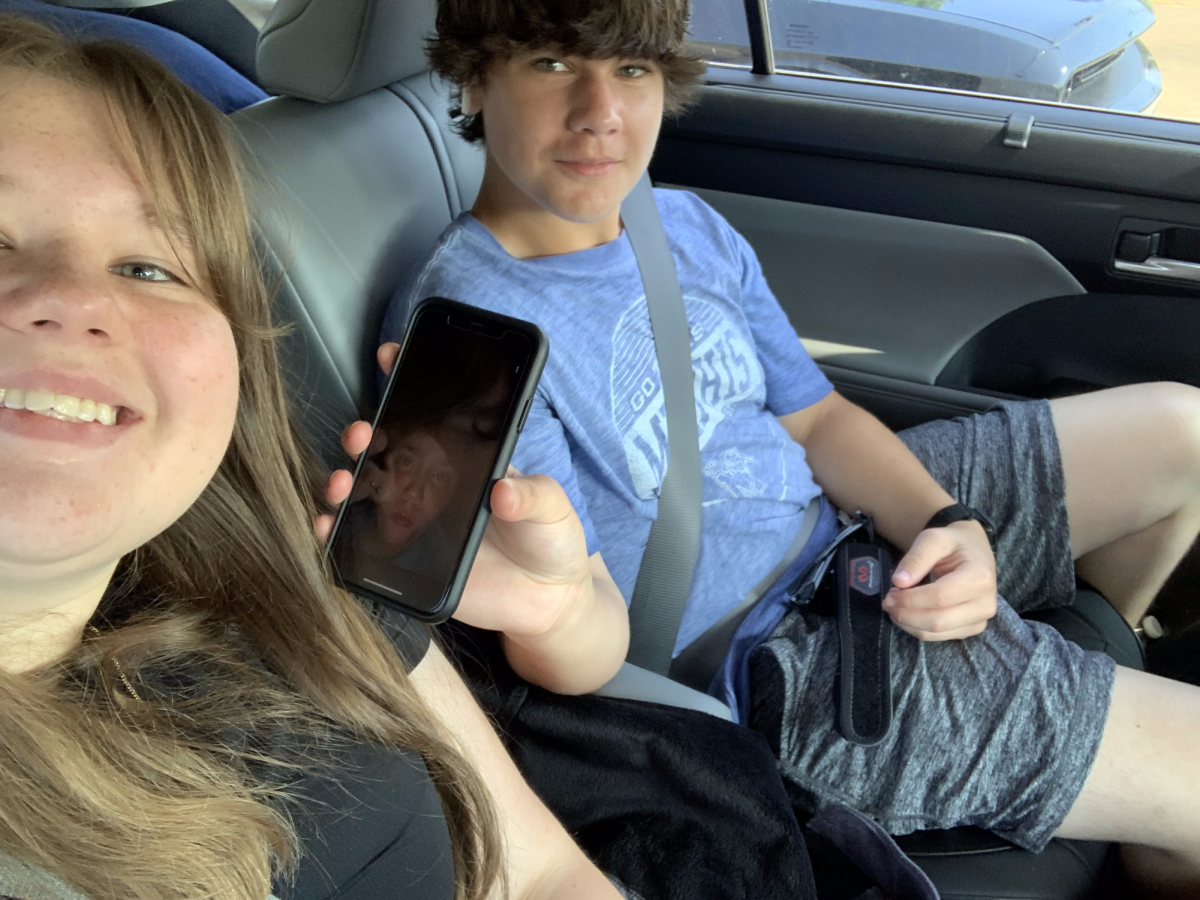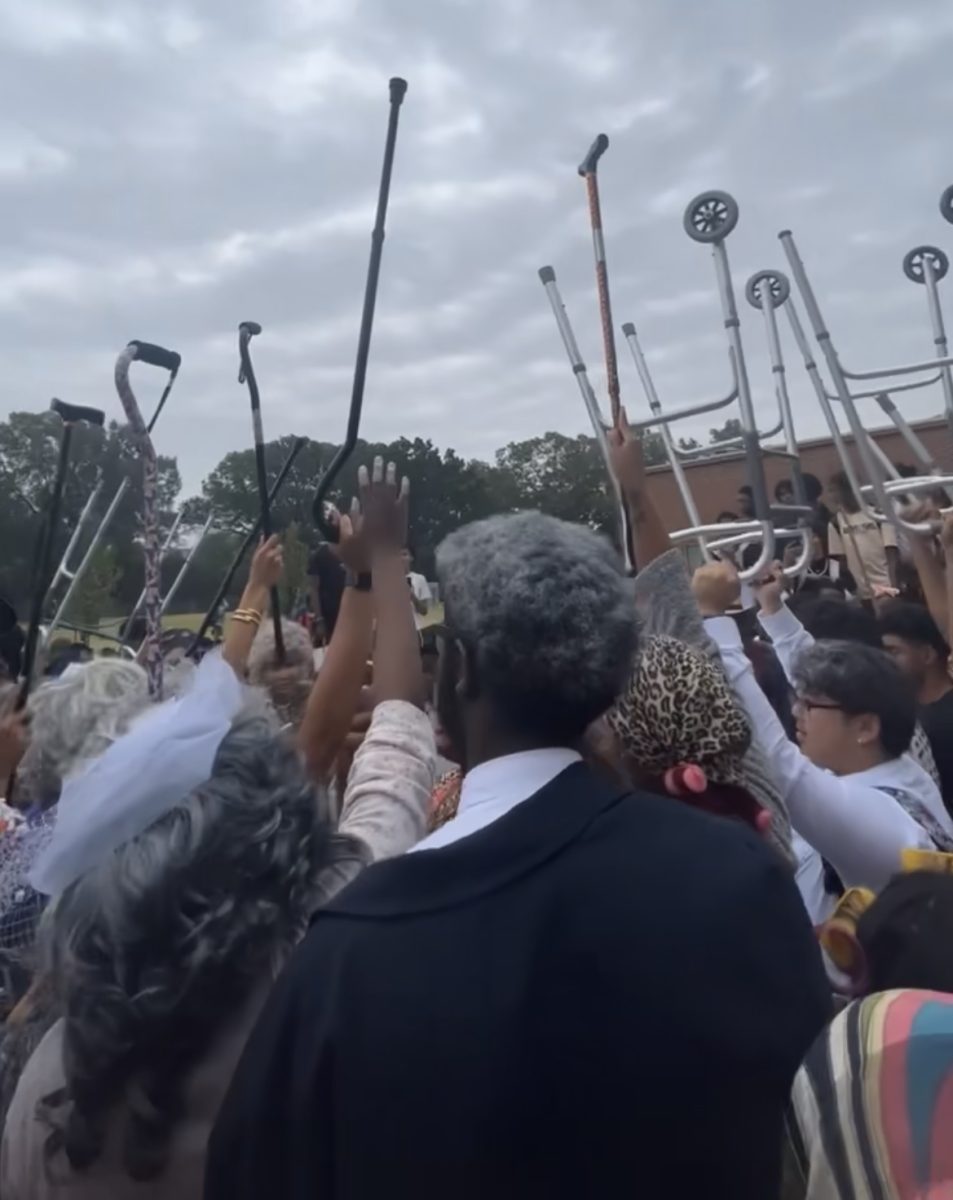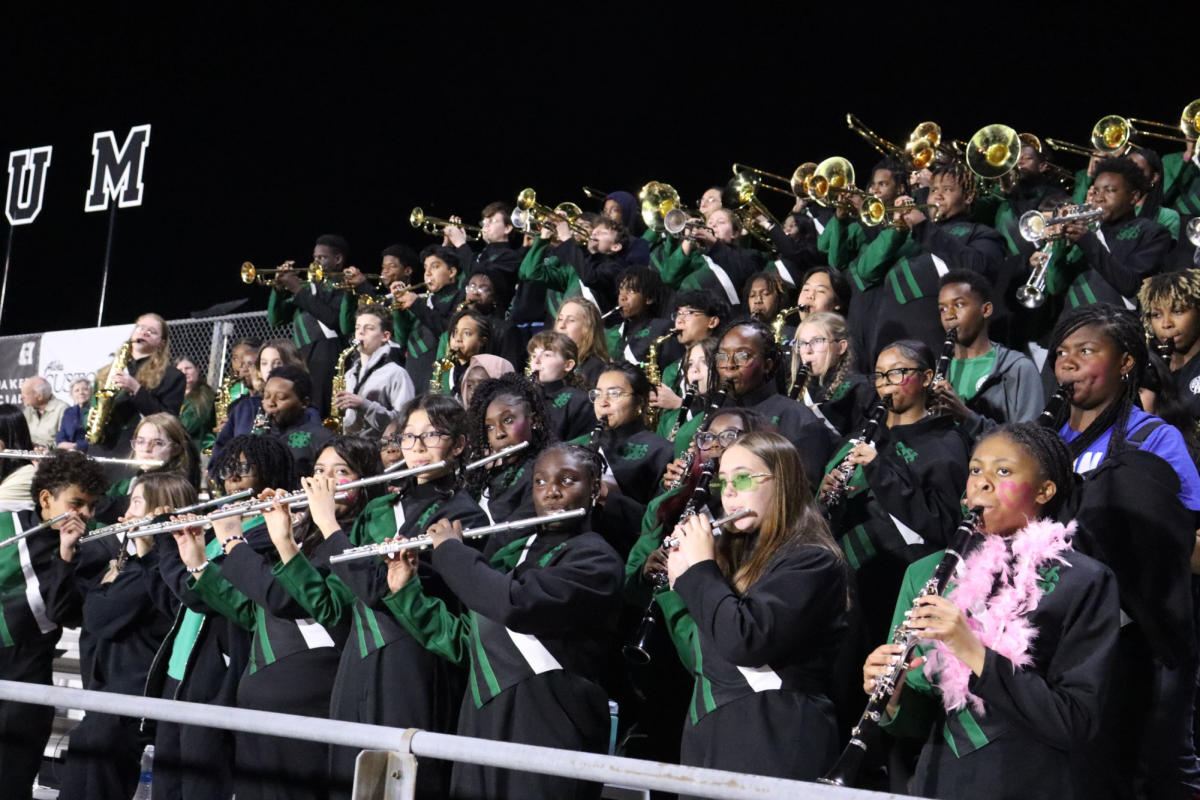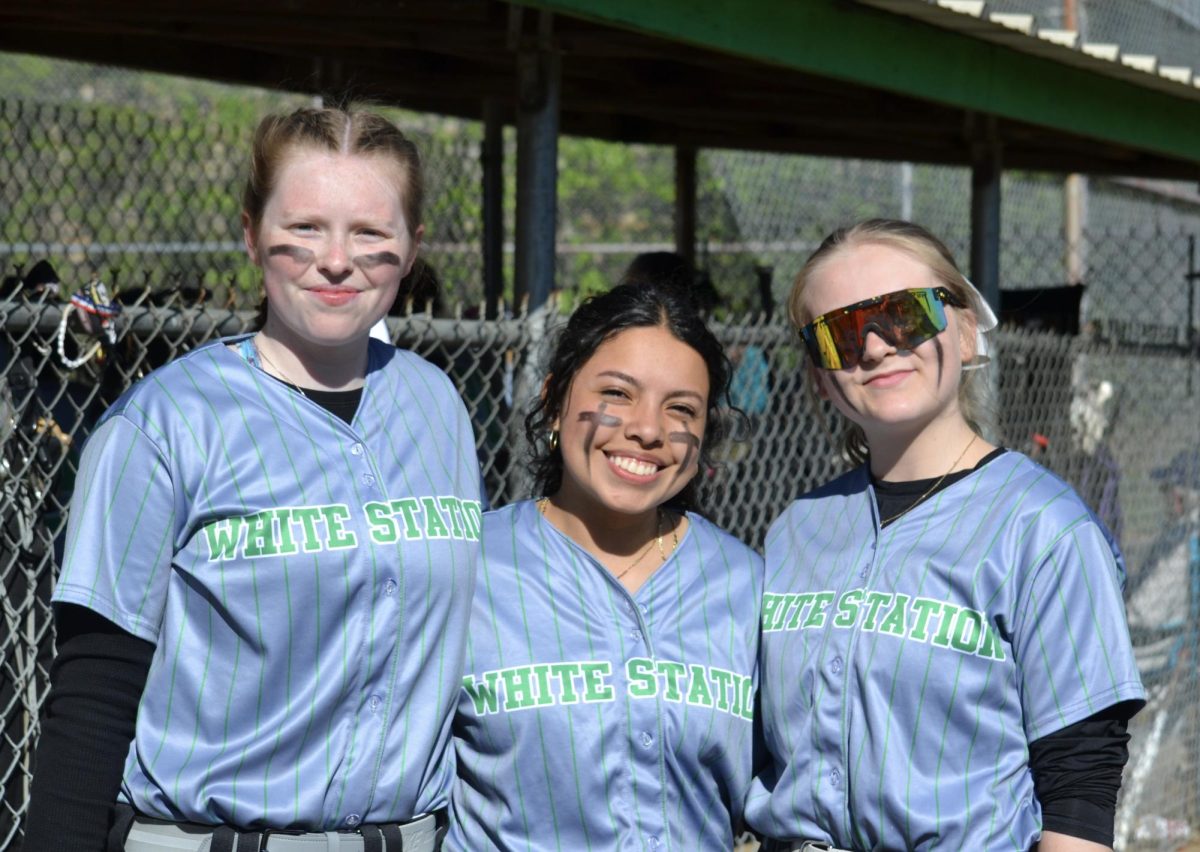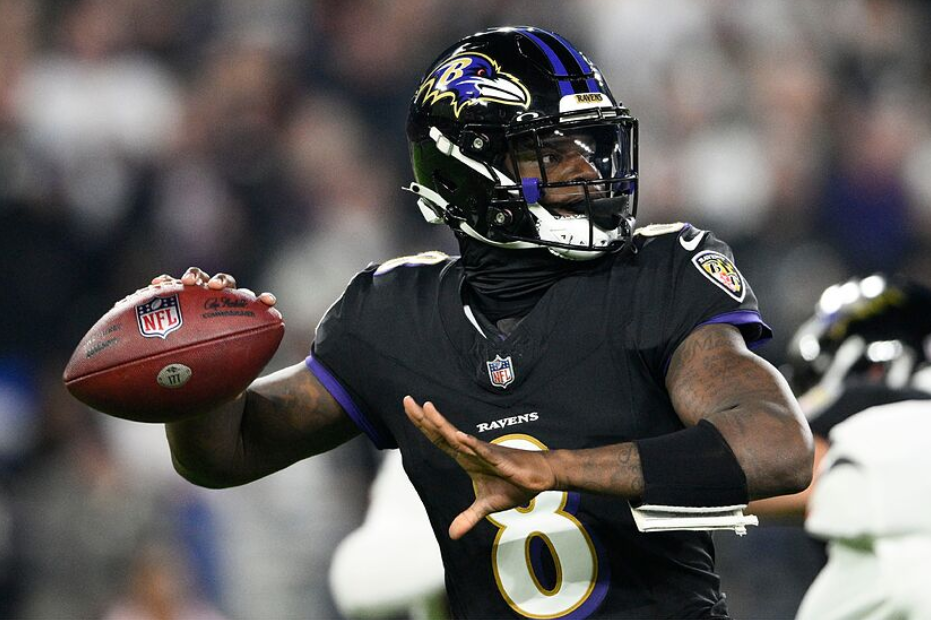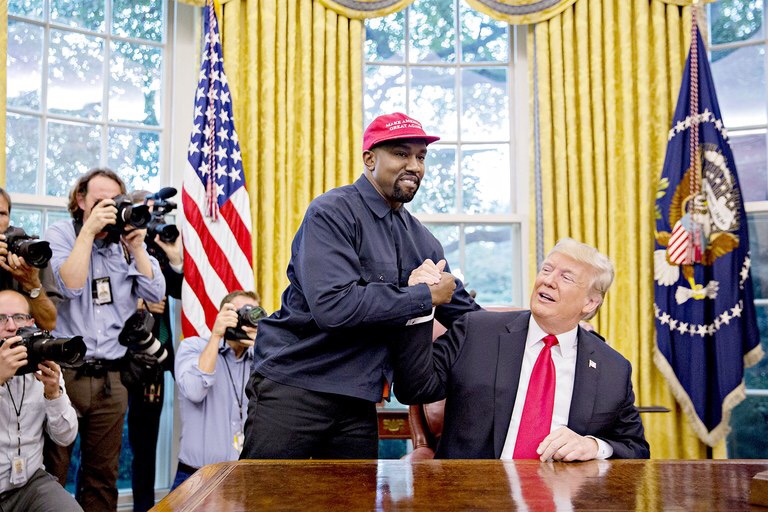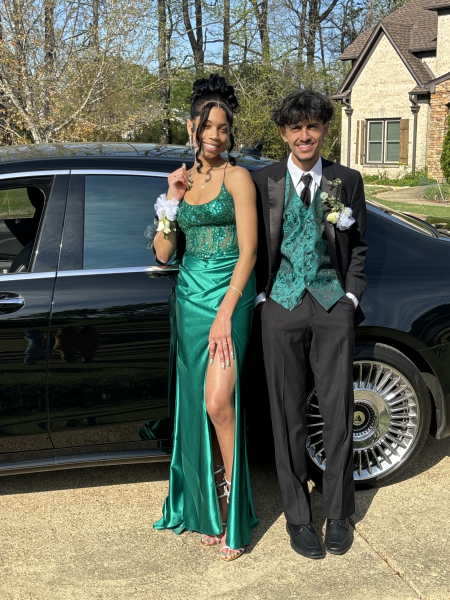How celebrities and politics are mixing in a new age of endorsement
Andrew Harrer/Bloomberg/Getty Images
Known for his political endorsements, Rapper Kanye West greets President Donald Trump during a visit to the Oval Office in October, displaying his support in a “Make America Great Again” hat.
Celebrities, just like “normal” people, are capable of forming their own political opinions. What makes them different is that they often can use their fame or talents to influence the masses on such topics.
“A celebrity is a famous person. But they all have followings, and they can all easily influence us,” Julie Zacher (10) said. “I see people copying styles and speech and all sorts of things that they see their idols do.”
Celebrities, including actors, singers and athletes, often have massive fan bases that are devoted to their icons and would do anything for them—try their recipes, use their prefered shampoo brands and even support their prefered politician.
Social media and the digital age can be blamed for the ease with which celebrities influence. Social networking sites like Twitter act as platforms where anyone is free to express any idea.
“In a democracy, everyone should have the right to participate, to speak their minds,” AP and Honors World History teacher Jason Fernandes said. “Still, celebrities often end up with an outsized influence, and depending on your political views, that influence can be positive or negative. If you agree with the celebrity, the tweet or post is great, if not, it’s cause for complaints.”
Social media’s influence does not stop there. Non-politician celebrities can be involved in the political sphere through their immense followings. Prior to the midterms, Taylor Swift, a former-country-turned-pop-star, turned to Instagram to declare her support for the Tennessee Senate Democratic candidate Phil Bredesen and to remind people to vote.
Although Bredesen lost, Swift’s influence―the post has over two million likes―was not lost on Tennesseans. In fact, Tennessee saw its highest early voting turnout in state history, increasing by 664 percent from 2014 to 2018.
Other celebrities, like Rihanna and DJ Khaled used social media to either endorse candidates or display their “I Voted” stickers to encourage others to vote. Hundreds of thousands of people viewed and liked their posts.
Kanye West’s continued controversial support for Donald Trump has sparked outrage and concern among fans and activists alike, and whispers of West’s possible bid for president in 2020 have come to light in recent years. Still, despite the controversy, Kanye has remained as popular as ever and continues to influence the his young fans.
“Everybody was talking about celebrities during this election. What did Taylor Swift say? Who does Kanye want?” Itamar Almalem (10) said.
Although celebrity influence in the political realm is not new, a contemporary age of celebrity involvement has arrived, one in which the endorsement from a likable and admired member of society is just as valuable―if not more so―as funding. Whether or not celebrity endorsements are morally right, they can change voters’ views, for better or for worse.
Your donation will support the student journalists of White Station High School. Your contribution will allow us to purchase equipment and cover our annual website hosting costs.



